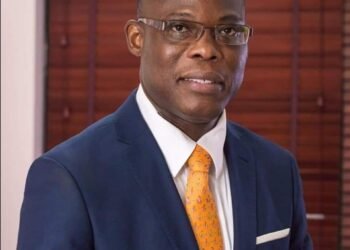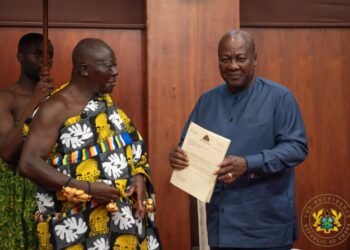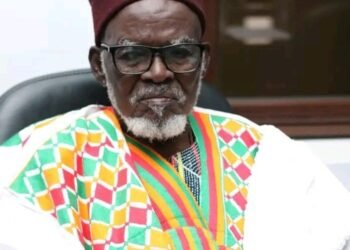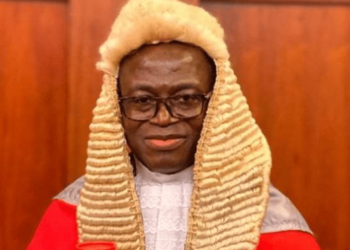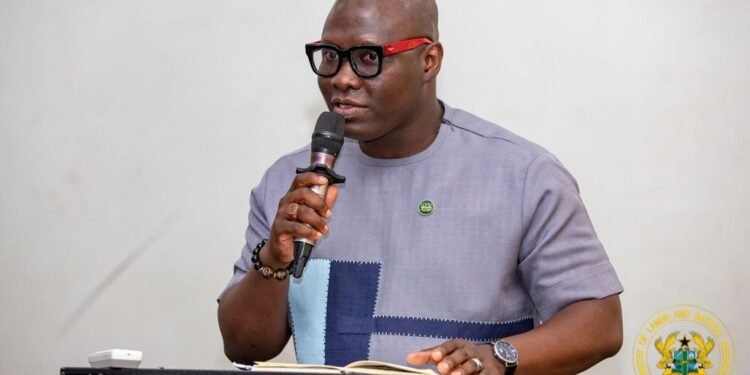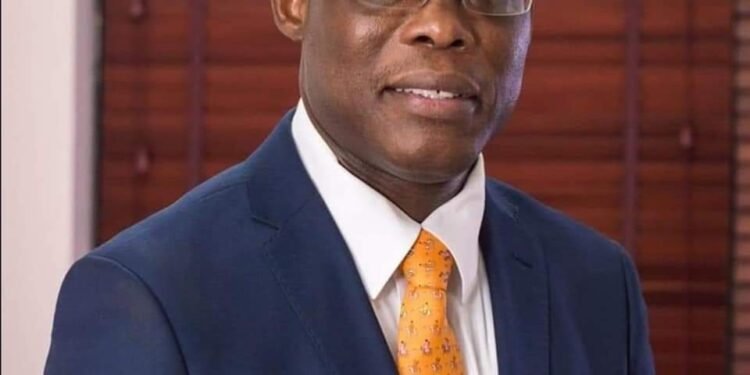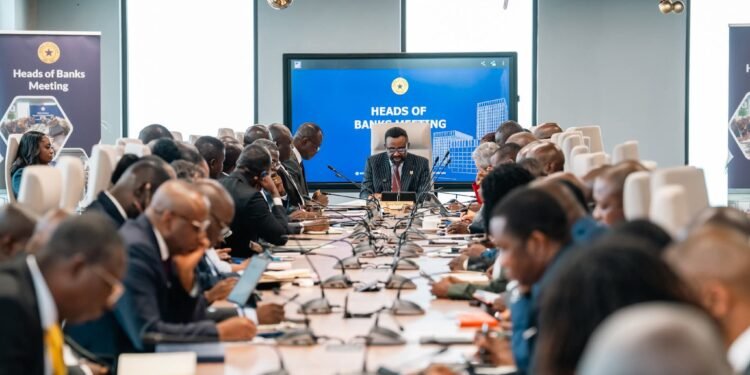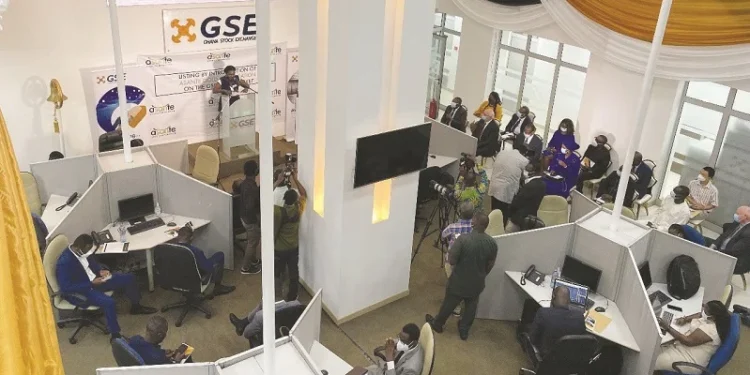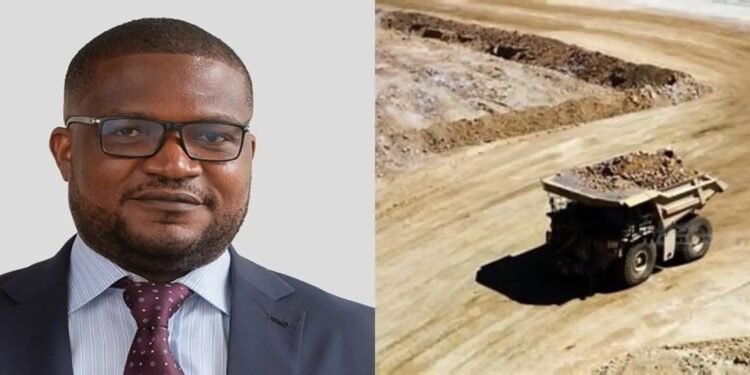Illegal mining, commonly referred to as “galamsey” in Ghana, has been a persistent challenge for the country, posing severe environmental, economic, and health risks.
The uncontrolled mining of gold and other minerals has resulted in the pollution of water bodies, deforestation, and destruction of fertile lands.
Communities in mining areas have faced increased health problems, including waterborne diseases and heavy metal poisoning, while the country’s natural resources are being exploited unlawfully.
The government, along with various civil society organizations, has made several attempts to curb illegal mining, but these efforts have been met with mixed results, with mining activities continuing in many areas.
In a recent statement, Dr. Kenneth Ashibey, Convener of the Media Coalition Against Illegal Mining, gave a scathing critique of the government’s response to this crisis.
He emphasized the urgent need for decisive leadership and immediate action, highlighting the ongoing threats to public health, the environment, and the nation’s resources.
One of the central themes of Dr. Ashigbey’s address is the government’s sluggish response to the illegal mining crisis.
He contrasted the handling of this issue with the proactive measures the government took during the COVID-19 pandemic, where President Nana Akufo-Addo led with constant updates and decisive actions.
However, in this case, Dr. Ashigbey noted that the government has relied heavily on statements from the Minister of Information rather than direct leadership from the president.
“As [at] now, the only place we’ve had the president speak is on the foreign media, on France 24. We’ve not [had] the president speak on this issue. Even after the meeting, it was still the Minister for Information that was speaking to us. All of them have delegated powers.”
Dr. Kenneth Ashibey Convener of the Media Coalition Against Illegal Mining
He expressed concern that while the president has delegated the response, such crises demand direct and immediate leadership from the highest level of government.
He underscored the urgency of this situation by drawing attention to the potential consequences if the government’s approach remains lackluster.
Health Implications of Illegal Mining
Dr. Ashigbey did not shy away from describing the severe health effects illegal mining has on the population, particularly due to pollution in water bodies.
“The fact that as a people, we are being poisoned; The fact that as a people, renal diseases are on the rise; The fact that as a people, there’s a lot of spontaneous abortions, [ calls for an action from the President].”
Dr. Kenneth Ashigbey Convener of the Media Coalition Against Illegal Mining
He mentioned a particularly disturbing case of a baby suffering from polyps, where tests revealed dangerous levels of heavy metals in the child’s bone marrow.
These personal stories highlighted the gravity of the situation and why immediate intervention is crucial. The pollution of water bodies is not just an environmental issue but a life-and-death matter for affected communities.
Need for More Decisive Government Action
Throughout his address, Dr. Ashigbey emphasized the need for more than just promises from the government.
The government’s current stance, as reflected in official statements, indicated that they “will” take action, but Dr. Ashigbey questioned what “will” really means when people are dying, and ecosystems are being destroyed. He argued that the situation demands more than vague commitments.
He called for immediate, tangible actions, particularly in enforcing the declared “red zones” in water bodies and forest reserves where illegal activities persist.
The failure to uphold these zones has allowed illegal miners to continue their destructive work, causing further damage to the environment.
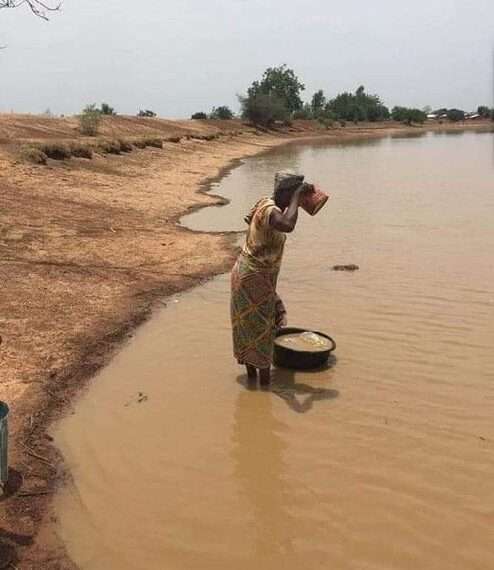
The Case for a State of Emergency
Dr. Ashigbey strongly advocated for a state of emergency to be declared, specifically in areas affected by illegal mining.
He noted that this can be done under Article 31 of the constitution, which allows for a state of emergency to be declared in part rather than across the entire nation.
“When you have foreigners attacking you from within, the people who have to defend you against foreigners are the military. And so, you want to be able to mashall the forces to make sure you deal with this.”
Dr. Kenneth Ashigbey Convener of the Media Coalition Against Illegal Mining
The declaration of a state of emergency, according to Dr. Ashigbey, would give the military the mandate to protect the nation’s resources and stop the exploitation of forest reserves and water bodies by illegal miners.
Dr. Ashigbey’s statement painted a grim picture of the current state of affairs. Despite government assurances, illegal mining continues in many forest reserves and water bodies. He cited specific instances of mining activity still taking place in areas designated as “red zones,” such as the Apamprama Forest Reserve.
“You know Akonta that mines in the forest preserve were in there mining. And all of these places that we’re talking about, 37 of them, though we are told that they are supposed to be red zones, you have people [mining] in them.”
Dr. Kenneth Ashigbey Convener of the Media Coalition Against Illegal Mining
His frustration is evident as he recounted seeing illegal mining firsthand, despite government claims that regional ministers had been put in charge of enforcing the laws.
He mentioned driving past sites where illegal activities were still ongoing, even after official statements that measures had been taken.
Dr. Kenneth Ashigbey’s call for action is both timely and urgent.
He highlighted the inadequacies of the government’s current response, the health implications for affected communities, and the continued environmental degradation caused by illegal mining.
His called for a state of emergency, along with more decisive government action, reflects the severity of the crisis and the need for immediate intervention.
As the nation grapples with this challenge, it remains to be seen whether the government will rise to the occasion and take the bold steps necessary to protect the environment and safeguard the health of its citizens.
READ ALSO; Mercy Asiedu Declares Herself Nonpartisan




